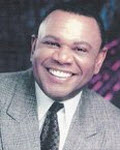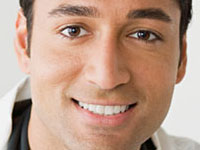Oregon Pillows For Sleep Apnea - In Your Local Area
Interstate Dental Clinic
Appointments: (503) 285-5307

Edward Ward D.M.D.
Interstate Dental Clinic
5835 N Interstate Ave
Portland, OR 97217



Portland area restorative dentistry at Interstate Dental Clinic can produce natural-looking results. If you have a damaged or missing tooth, we can help.
Our highly skilled team will assess your need for a crown, bridge, implant or other procedure to restore or improve your smile. Our goal is to provide quality dental care for your life-long oral health.
If you're looking for denture repair in the Portland area, our team at Interstate Dental Clinic offers friendly service. Dr. Ward understands the importance of reliable dentures that fit properly.
We'll get your repairs done professionally and quickly. You'll be able to eat and smile again with confidence as soon as possible.
If you're looking for dentures that look great and last, look no further than Interstate Dental Clinic located in the Portland, OR area. Edward Ward, D.M.D. will assess your needs and fit you with durable, comfortable, natural-looking dentures - at a price you can afford.
Portland area cosmetic dentist Edward Ward, D.M.D. has extensive experience creating beautiful smiles. They're one of the first things people notice about you.
Our professional team will be happy to discuss your aesthetic dentistry options. The attractive results you'll get from Interstate Dental Clinic can change your life!
If you're interested in natural-looking false teeth, Portland area dentures dentist Edward Ward, D.M.D. has solutions. Our team uses modern materials and techniques to achieve the natural results you envision.
We'll evaluate your situation and create your personal treatment plan. You'll enjoy eating and smiling with your comfortable new dentures.




More Sleep Apnea Dentists in the Portland, OR Area Near You
Portland Extreme Dental
1867 NW Civic Dr
Portland , OR, 97030
Dr. Steven W. Abbott, DMD
25078 Hunter Rd
Veneta, OR, 97487
Doctor - Activate Your Free 1stSleepApnea Directory Listing
Beaverton Denture Center and Repair
11673 SW Beaverton Hwy
Beaverton, OR, 97005
Dr. Gerald T. Fujii, Dmd, Pc
511 SW 10th Ave Ste 1206
Portland, OR, 97205-2713
(503) 224-2745


